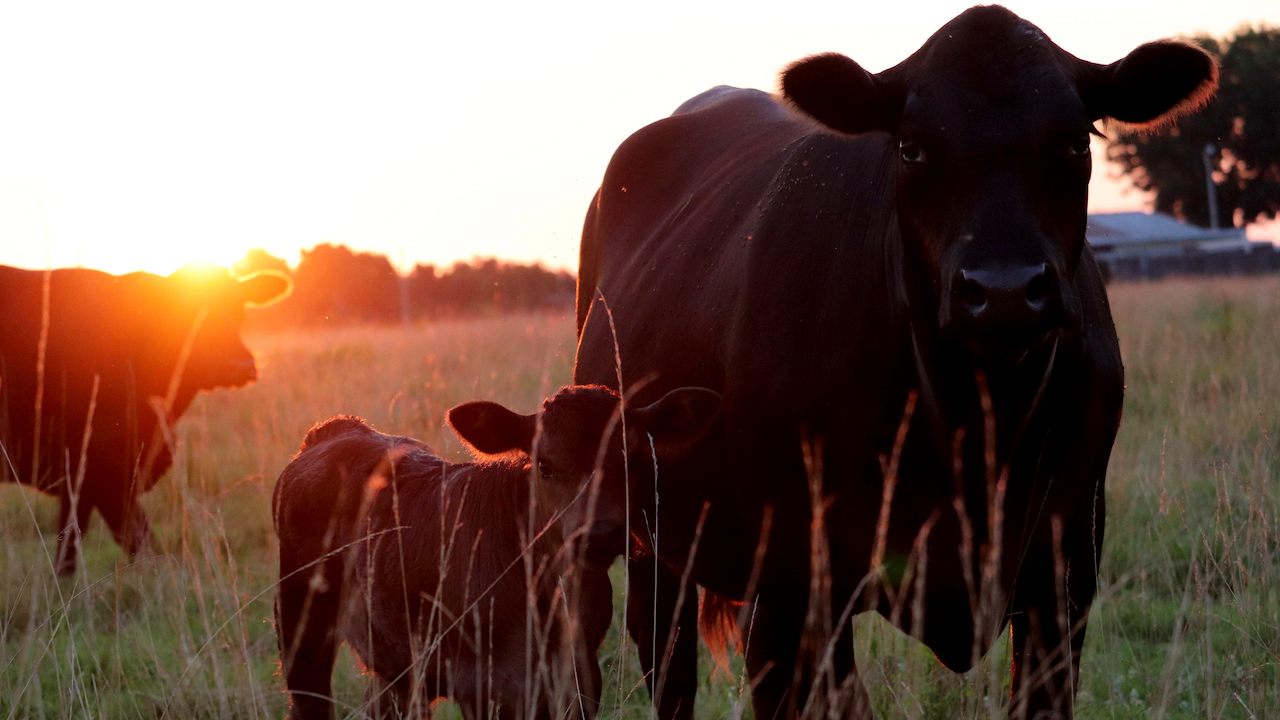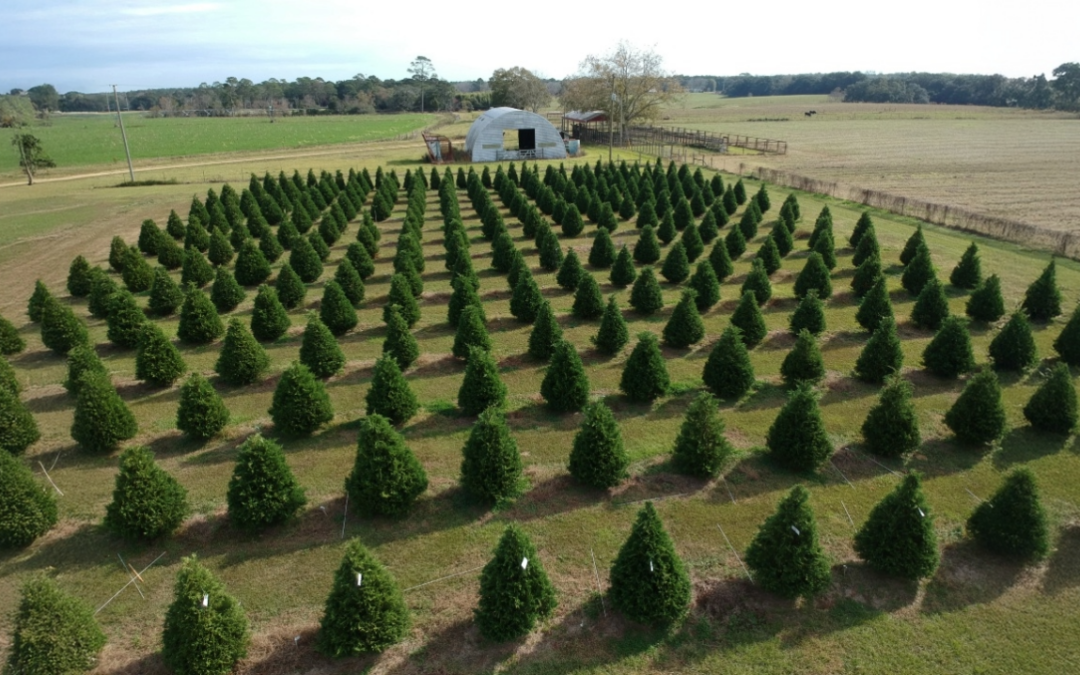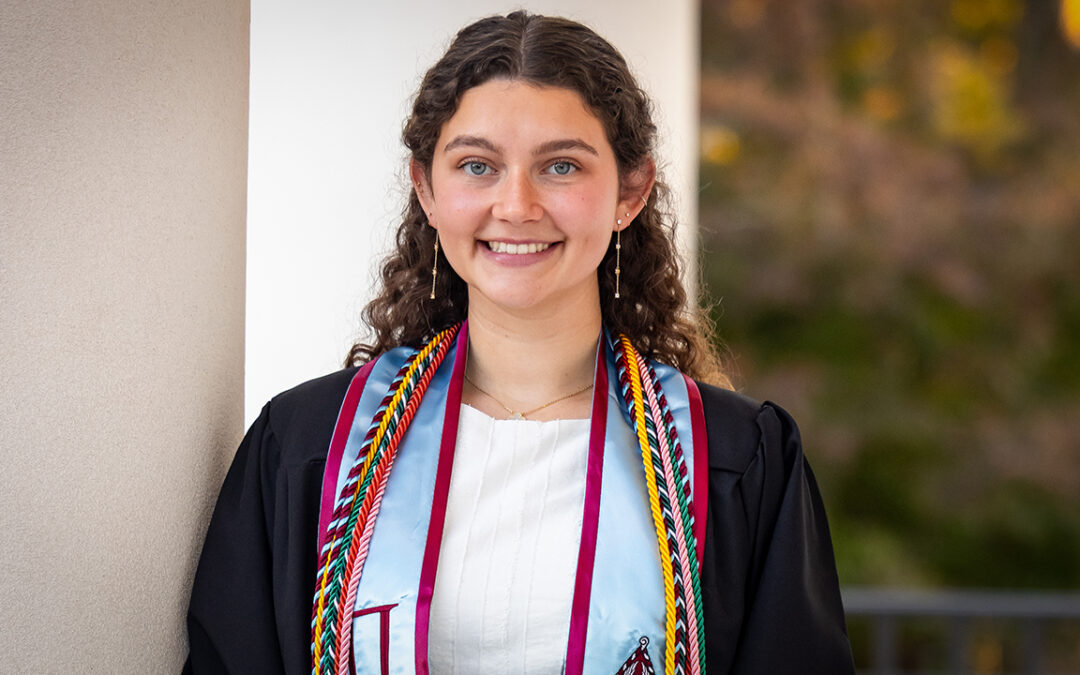By Paul Hollis / Feb 3, 2020 2:07:14 PM
College of Agriculture, News, Events
AUBURN, Ala.—Cow-calf producers and members of the Alabama Veterinary Medical Association across the state will gather to gain valuable insight on how to be more successful in the beef cattle business during the Beef Cattle Conference hosted by the Auburn University Department of Animal Sciences and the Alabama Cooperative Extension System Animal Science and Forages Team beginning on Friday, March 13 at 1 p.m. at the College of Veterinary Medicine Education Center off Wire Road in Auburn.
With the 2020 theme, “Learning to Sustain our Future,” the conference and optional workshops will equip cattlemen and cattlewomen with the knowledge and management tools to improve their operations in critical areas of production.
“Helping producers learn about ways to improve their operations now and in the future is a key part of our departmental mission, and our faculty and Extension personnel, in partnership with Alabama’s beef cattle community and the Alabama Veterinary Medical Association, have organized this conference to support the viability and long-term sustainability of animal agriculture,” said Auburn animal sciences department head Wayne Greene. “Sustaining our livestock and animal industries is crucial, as they contribute substantially to the economy of the state and to the well-being of Alabama citizens.”
The program keynote speaker is Frank Mitloehner, a renowned scientist form the University of California-Davis, where his research focus is on sustainable livestock agriculture, with primary focus on livestock’s contribution to air quality impairment and climate.
Also featured on the program to share answers to the most common questions cow/calf producers and veterinarians have about the cattle business, especially in the areas of animal health and reproductive performance, are industry leaders and Dan Scruggs and Richard Hopper. In addition, Tony Frazier and Misty Edmondson of the Alabama Department of Agriculture will update attendees with current and emerging issues focusing on animal traceability.
Animal sciences faculty and graduate students also will report results from and updates on research and extension programs supported by the College of Agriculture, the Alabama Agricultural Experiment Station and the Alabama Cooperative Extension System.
Attendees will be able to select workshop offerings for Saturday, March 14 in six areas: a Forage Field Day; How to Become an Advocate for Beef; Integrated Pest Management; a program of hands-on Junior Cattlemen activities; an Alabama BCIA Artificial Insemination School and a Farm Business Management and Meat Science workshop.
In the latter track, participants will learn about farm business management for a beef cattle operation, as well as feeder calf marketing strategies. Added topics include the different types of business entities for livestock operations, agricultural law and taxes, budgets, developing business plans for cattle operations, feeder cattle grading and marketing, board sales, seasonality and fundamentals of cattle prices and cattle futures.
The Forage Field Day will demonstrate cutting and wrapping baleage as well as hands-on demonstrations involving nutrient management, insect and pest management, grazing management and strategies for feeding preserved forages.
Producers may prefer the integrated pest management (IPM) workshops, which will contain both a classroom and field formats that teach producers proper identification and management techniques for major pests (weeds and insects) seen in hayfields and pastures. Participants will learn weed identification and herbicide selection, insect identification and scouting procedures, and management recommendations.
For an additional fee, the Alabama Beef Cattle Improvement Association Artificial Insemination School is a two-day, hands-on training opportunity to learn the fundamentals of cattle estrus synchronization and artificial insemination. Participants will learn about reproductive anatomy and physiology, estrus synchronization planning and protocols, heat detection and aids, and artificial insemination equipment and technique during multiple classroom sessions and wet-labs.
The wet-labs will include multiple sessions with live animals to allow time for practicing proper artificial insemination procedures. Certificates will be awarded following successful completion of a written and practical examination.
The conference registration cost is $75 before March 1 and $100 after March 1, and includes conference presentation summaries, content for selected workshops and lunch. If Alabama county cattlemen chapter presidents register at least three paid members for the BCC, registration for the president will be waived. The organizers encourage producers to register early because space is limited.
Search and register for the Beef Conference at http://bit.ly/AUBeefConference2020. For more information on the conference, registration, corporate partnerships or youth discounts, contact the Department of Animal Sciences at 334-844-1521 and visit: www.aces.edu/blog/topics/beef/2020-beef-cattle-conference/.





